Single-use plastics are a global issue, and one that continues to grow. Yet thanks to the power of social media and campaigns such as Plastic Free July, One Less Bottle and Periods without Plastic, the plastic free movement are gaining momentum.
4.3 billion period products are disposed of each year. The vast majority of these are 90% plastic, meaning they are non-biodegradable, they pollute our oceans, they litter our planet and are harmful to our intimate health. It’s a real shame what impact periods can have for the planet.
These 5 trailblazing women are doing brilliant work to change that. They’re waving the red flag for the plastic free period movement, and we’re here to cheer them on.
-
Ella Daish
Ella is the campaigner on a mission to end plastic periods. Maybe you’ve seen Ella’s hugely successful petition to make all menstrual products plastic free (it has already gathered over 150,000 signatures).
Ella’s mission started after she noticed how much waste was strewn across pavements in her hometown of Cardiff. When her period started, it dawned on her how much plastic waste she was creating just by using conventional period products.
Ella has since become a powerful voice in the fight against the unnecessary use of plastic in period products. She has even brought her plastic free movement to the pages of Vogue and the Huffington Post UK, to name a few.
We teamed up with Ella for our Turning the Tide on Plastic Period Waste march in Brighton in July 2018 to help raise awareness of the importance of plastic free periods for people and the planet.
-
Natalie Fee
To tackle plastic pollution at the source, this brilliant Bristol-based environmental campaigner, author and speaker set up the non-profit organisation, City to Sea.
It’s estimated that every single day in the UK, are flushed down the toilet, blocking our sewers and polluting our oceans. Flushed plastics make, including plastic applicators and tampons. Natalie’s aim is to protect marine life and safeguard our oceans against this, by encouraging us to take a careful look at what we throw down the toilet.
By engaging communities, Natalie is helping to change flushing habits. By working closely with retailers and by lobbying manufacturers she is helping to reverse the trend for disposable, single-use plastics.
Natalie’s shows her passion for ocean protection and will inspire you to ditch disposable plastic for good. To help support City to Sea and their amazing work, you can donate or check out their Things You Can Do page to see how you can become empowered to tackle plastic pollution.
-
Susie Hewson
Natracare’s very own founder and owner has been a pioneer of the plastic free period movement since the 80s. After learning that conventional menstrual products contained high levels of plastic and harmful chemicals, Susie started looking for the solution.
She found that most industry leaders were unconcerned by the problem, so she took matters into her own hands and set up Natracare. Natracare has since become the industry leader in organic, chemical-free and plastic free menstrual products and sells products in over 70 countries.
For thirty years, Susie has been striving for a revolution in the period protection industry. She has dedicated enormous amounts of time and energy to researching the best raw materials for the body and for the planet.
Susie has committed herself to provide people with viable, eco-friendly alternatives whilst continuously campaigning for other industry players to wake up and get rid of the plastic in their products. Check out our story to find out more about Susie and her passion for chemical-free and plastic free menstrual products.
-
Natasha Basheer
Alongside studying for a masters in Gender Inequality and Development, Natasha is also the ‘Environmenstrual’ campaign coordinator for the Women’s Environmental Network (WEN). The first Environmenstrual campaign took place in October 2018 and saw a coalition of 42 organisations, charities, businesses and ‘menstrual-preneurs’ come together to promote reusable and organic menstrual products. Natracare and Susie Hewson supported the campaign, with
Natasha’s work with WEN and the Environmenstrual campaign has brought discussions about plastic free periods to schools, universities and community groups through workshops. These workshops provide honest, unbiased information about menstrual health and help foster open communication, people the confidence to make informed, plastic free choices. The Environmenstrual Week of Action also saw activists, social entrepreneurs and businesses help amplify the message that fair access to period protection products is a fundamental right.
Check out our guest blog by Natasha to find out more about period poverty and what you can do to help.
-
Sophie Hellyer
Sophie, a professional surfer and environmentalist, is making waves in the plastic free period movement. You may have seen her TedxTalk and heard about her encounter with a used period pad whilst paddling for a wave (it landed on her board and nearly hit her in the face). It’s a funny anecdote, but it goes to show how you can have a first-hand experience of just how much plastic pollution is swimming around in our oceans. This encounter and her visit to ‘Rubbish Island‘ turned her into a campaigner for the plastic free movement.
Through the power of social media, Sophie leads us to rethink our plastic obsession and is encouraging people to look at alternatives to conventional period products.
Have a plastic free period
All Natracare period products are plastic free, biodegradable, and compostable. Just as they should be.
Find out more
We’d love to hear how you’re getting involved in the plastic free period movement! Share your ideas with us and help spread the plastic free period revolution!
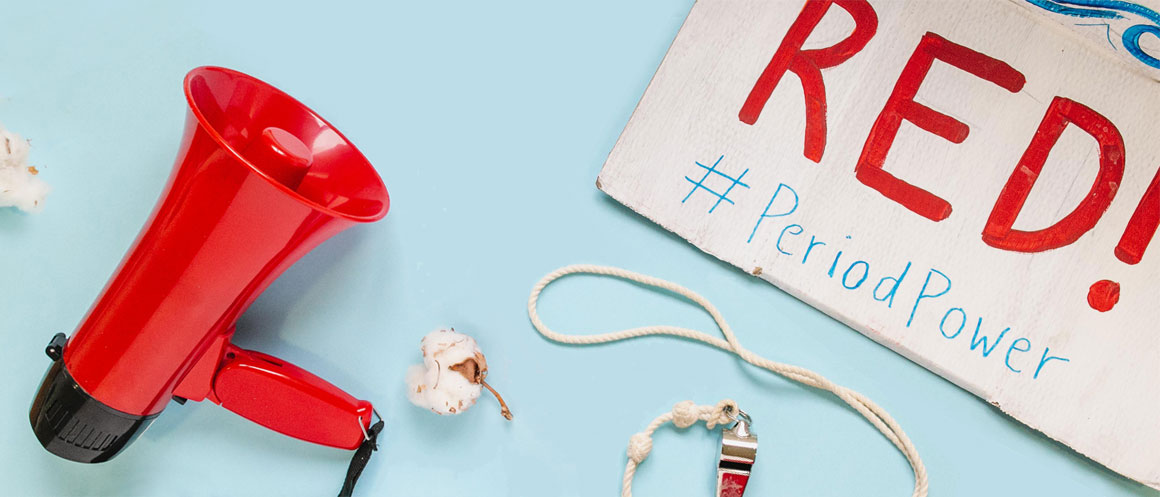
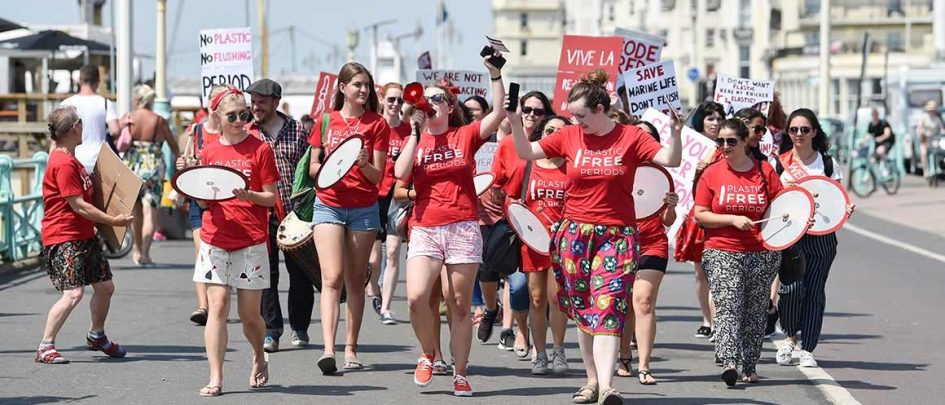
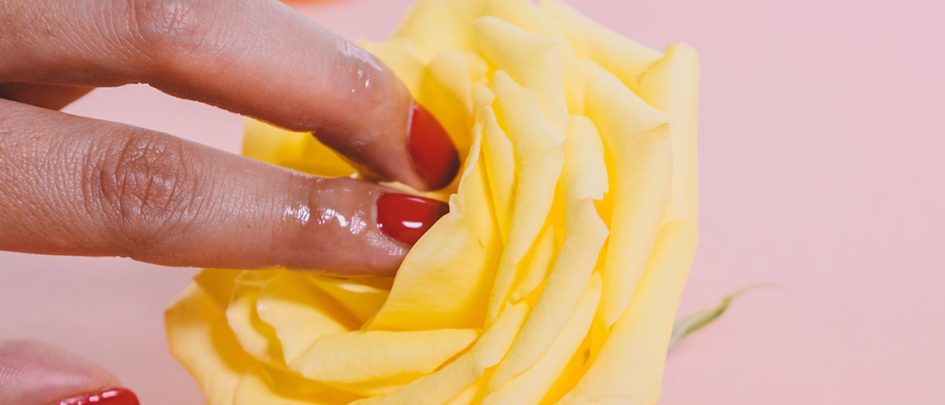
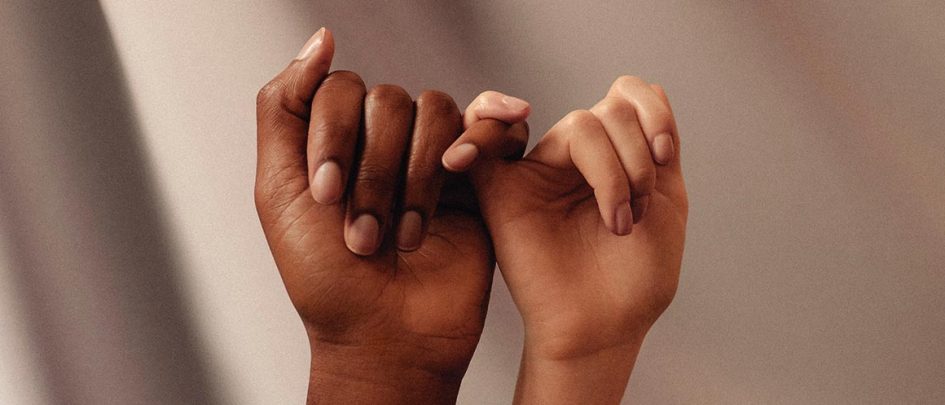






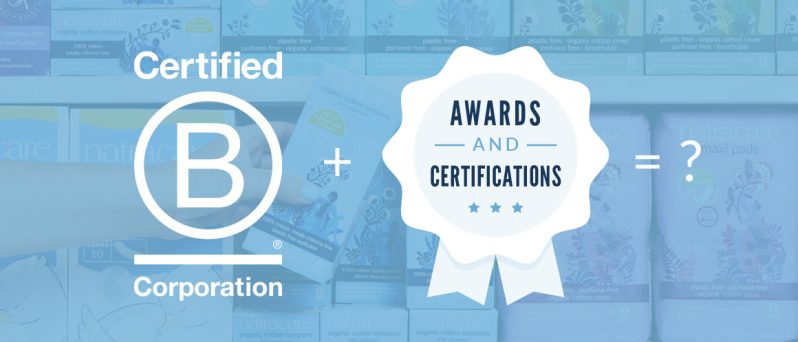
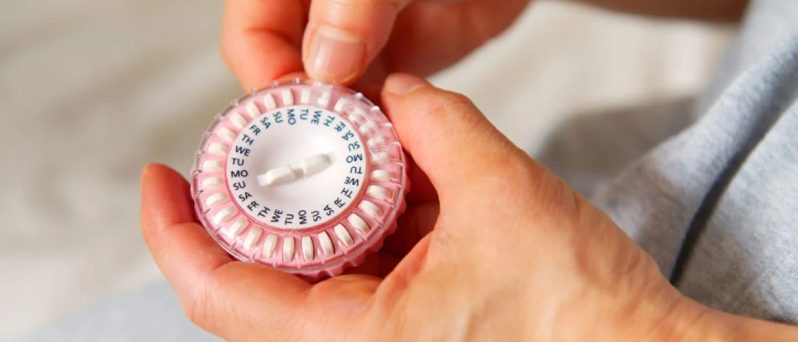

Thanks for sharing the stories of five wonderful women working to protect our oceans, environment from plastic, and also for the period poverty awareness brought to us, by WEN, on how period/menstruation becomes the reason for girls to drop out of school and swell the number of the world’s poor.
I make reusable incontinence pads (which work really well for periods too) although not plastic free as there are no natural materials available yet that are fully waterproof. I’m currently working with a small ethical factory in Nepal to increase supply to try to meet demand for them. It’s not easy setting up a line of manufacture is it?!?! 😂